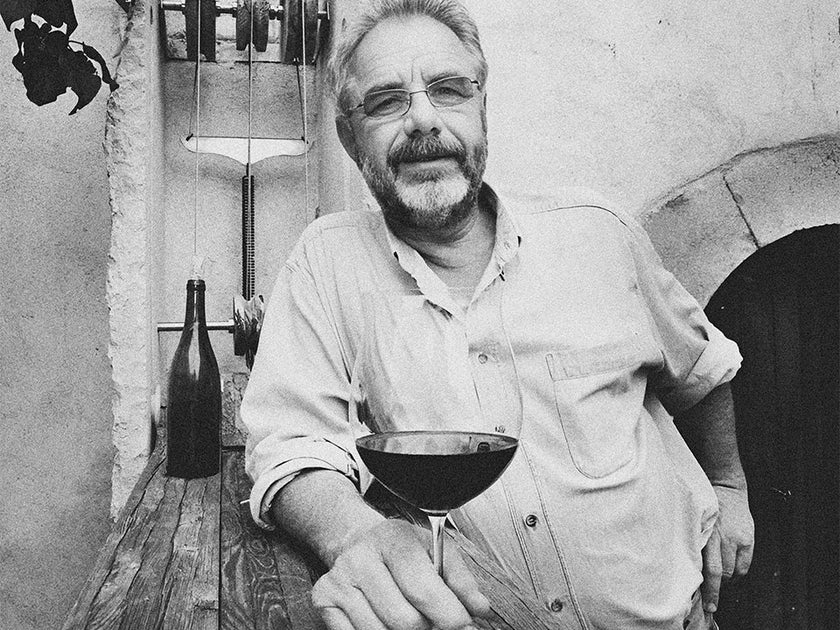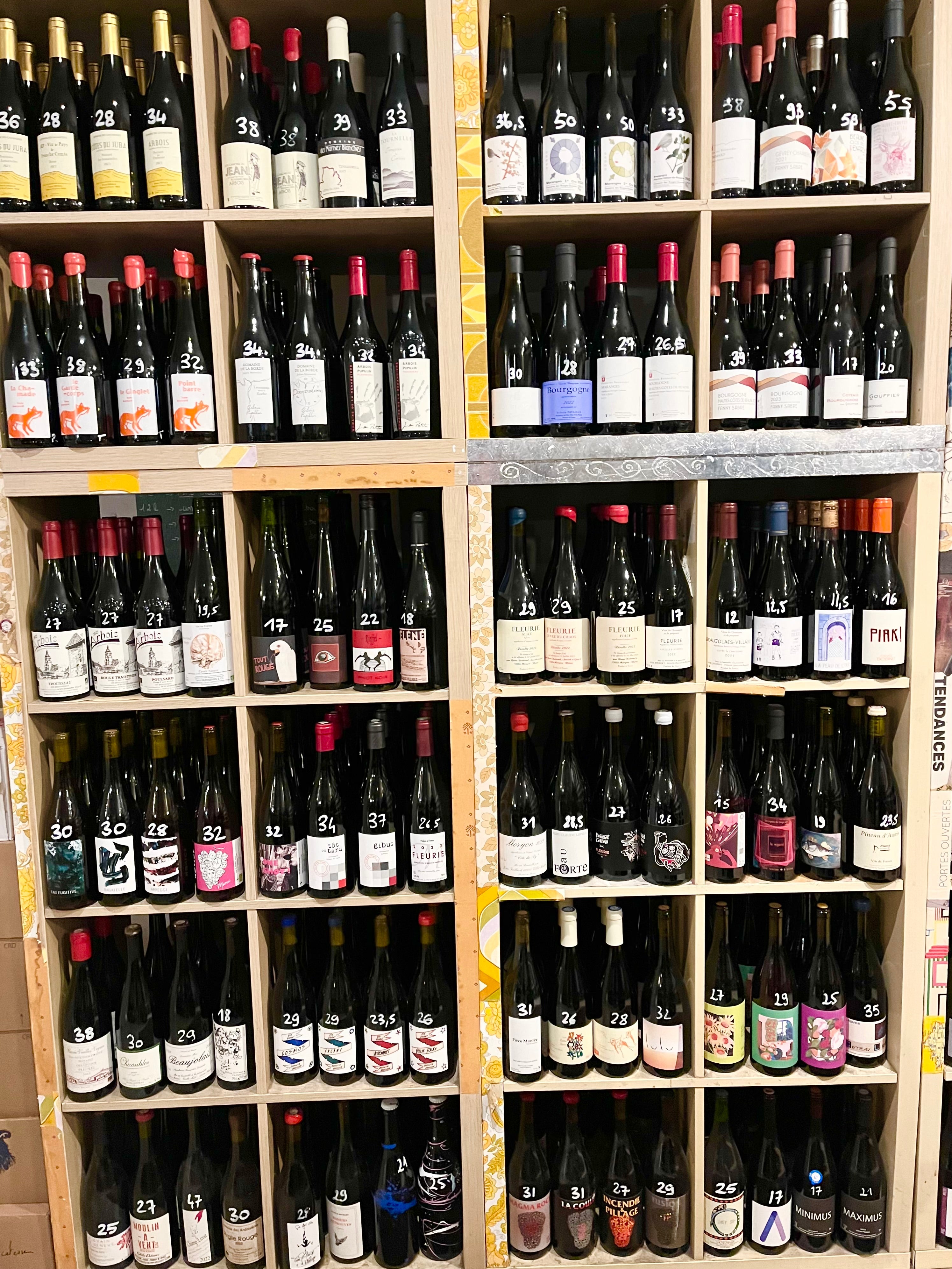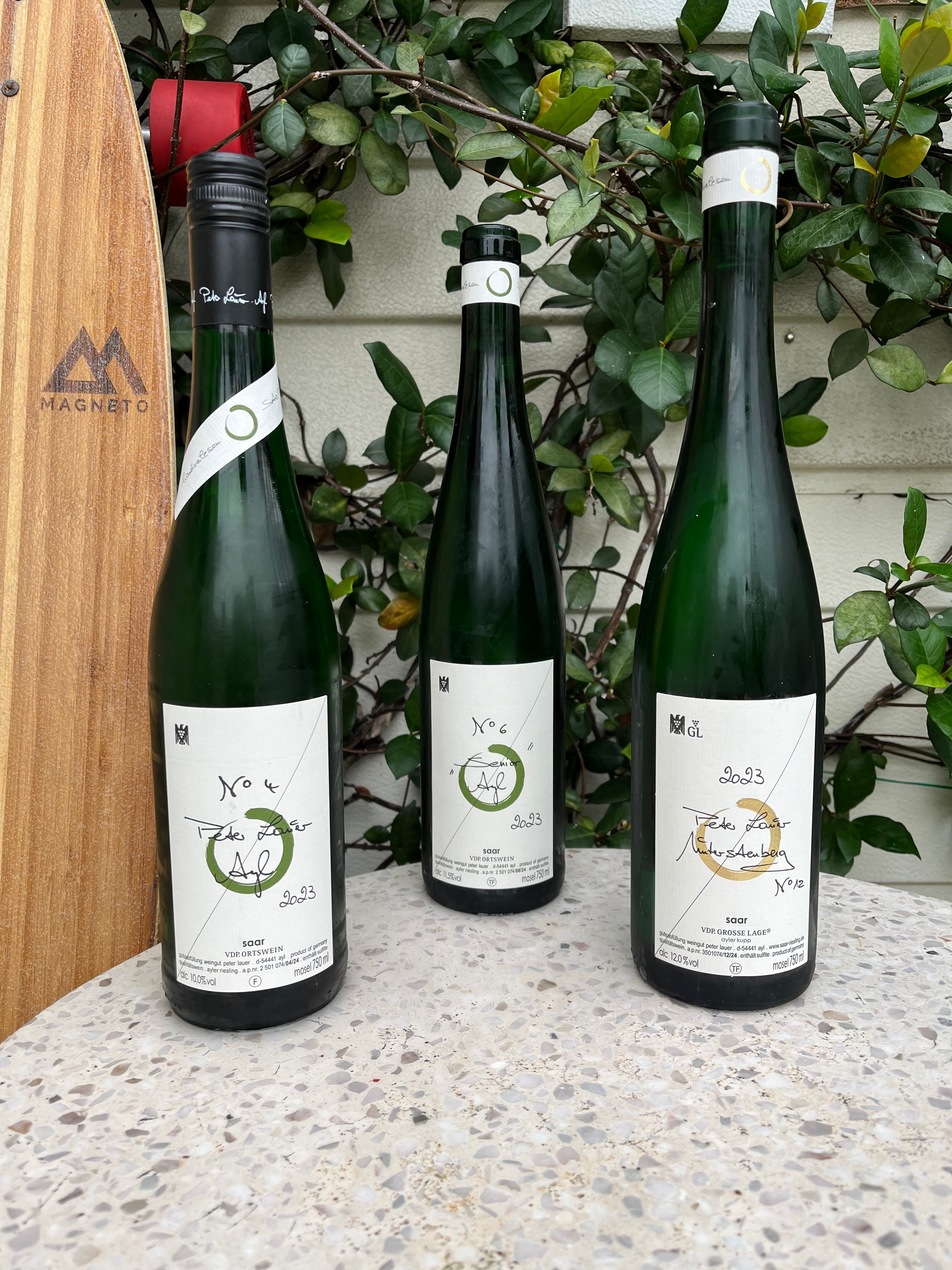What Is Natural Wine?

Oof. There are a lot of ways to go about describing natural wine and while the definition has somewhat oscillated over the years, here is our standing definition of natural wine.
First and foremost, the grapes which go into making the wine must be organic or biodynamic. Certification is certainly not required as there are many reasons a grower may or may not want to pursue this route. We are not growers or farmers so we must suspend judgment against those who chose not to certify.
More often than not, many of the independent natural wine growers we support are iconoclastic contrarians who prefer not to be told what they must do to their own farm to get the stamp of approval by an organization which governs organic and biodynamic farming.
The grapes should be harvested by hand, ideally, as this is the most gentle on the environment and the grapes. Of course, there are moments when a machine harvester is required for various reasons...again, who are we to harshly judge a grower for making a decision best for their sustainability?
In the cellar, the idea is "nothing added and nothing taken away". Most commercial wine begins fermentation with preselected yeasts imparting a standardized aroma and taste. In addition, there are A LOT of additives thrown into the mix to produce industrial wine which makes up well over 90 percent of the wine market.
A list of permitted additives to wine in the U.S. is listed here. Natural wine fermentation, on the other hand, begins with the wild yeasts available on the grapes and in the cellar which are unique to each and every vineyard and winery. This singularity without a doubt adds a level of authenticity to the wine.
During fermentation very few additives are permitted, maybe a nominal dash of sulfur to protect against volatile acidity or other bacterial issues which could spoil the wine. However, the use of any sulfur during fermentation is very rare and used only in the most dire and unpredictable moments of fermentation.
The wine is neither fined or filtered leaving the wine and its inane qualities fully intact. In regards to the amount of sulphur permitted at bottling, there is a general agreement among the natural wine cognoscenti that 25ppm is the max. A debate that certainly makes many faces red and the discussion is never ending.
What matters most to us above all else is the support of indie growers trying to make their land and their wine healthier to enjoy!
For Further Reading About Natural Wine, See Our Blog Post Below:



Comments